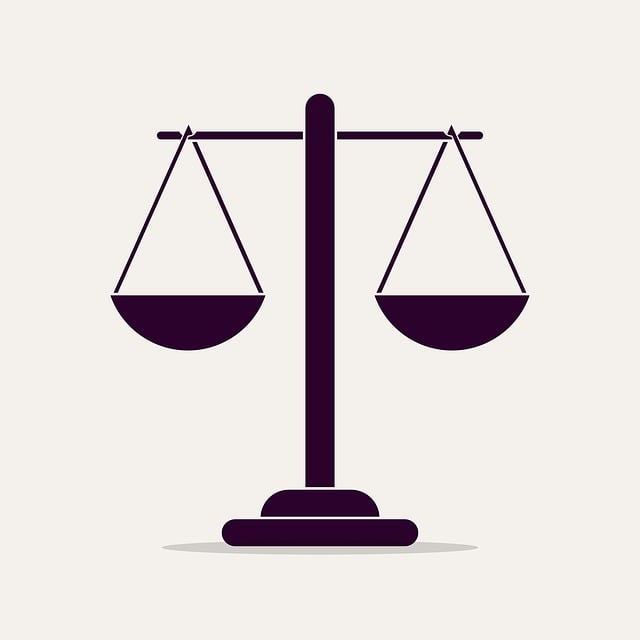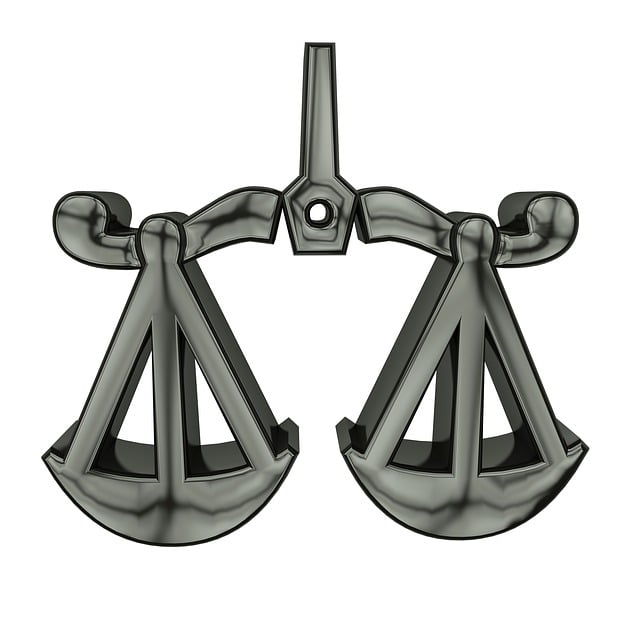Regulatory fraud laws are crucial in maintaining integrity across industries, protecting consumers, investors, and public safety by holding wrongdoers accountable, including those involved in personal injury claims without legal representation. While navigating such claims independently is achievable for minor injuries, it demands a deep understanding of statutes of limitations, evidence gathering, and case presentation skills. Simple to complex scenarios can be classified as regulatory fraud, involving misrepresenting facts, concealing information, and falsifying records. Victims can gather financial records and expert opinions to strengthen their cases, but complex scenarios may require legal aid for fair representation and optimal outcomes.
Regulatory fraud laws are critical components of our legal system, designed to protect consumers and investors from deceptive practices. This comprehensive guide delves into the intricate world of these laws, with a special focus on personal injury claims. If you’re considering a personal injury claim without a lawyer, understanding regulatory fraud is essential. We’ll break down key elements, available strategies, and your rights, empowering you to navigate legal proceedings confidently.
- Understanding Regulatory Fraud Laws: A Comprehensive Overview
- Personal Injury Claims: Navigating Without Legal Representation
- Key Elements of Regulatory Fraud: What Constitutes Illegitimate Activity?
- Strategies and Rights for Victims: Making Informed Decisions in Legal Proceedings
Understanding Regulatory Fraud Laws: A Comprehensive Overview
Regulatory Fraud Laws are a critical component of maintaining integrity within various industries, especially in cases where individuals or entities may attempt to manipulate or deceive regulatory bodies for personal gain. These laws serve as a robust framework to protect consumers, investors, and public safety by holding wrongdoers accountable for their actions. Understanding these regulations is essential, particularly when considering a Personal Injury Claim Without a Lawyer, as they can significantly impact the outcome of legal proceedings.
The complexity of Regulatory Fraud Laws lies in their ability to adapt and evolve with changing market conditions and emerging fraudulent practices. They encompass a wide range of activities, from financial misdeeds to product safety violations, and often involve intricate investigative processes. An unprecedented track record of successful prosecutions can be attributed to these laws’ flexibility, ensuring that wrongdoers face severe consequences for their actions. This includes winning challenging defense verdicts, where the strength of evidence and legal arguments play a pivotal role in navigating all stages of the investigative and enforcement process.
Personal Injury Claims: Navigating Without Legal Representation
Navigating a personal injury claim without legal representation can be a daunting task, but it’s possible with thorough understanding and preparation. Many individuals opt to represent themselves in court, especially when dealing with minor injuries or less complex cases. However, even for straightforward claims, the legal process involves specific rules and procedures that require careful attention to detail.
For those pursuing a personal injury claim without a lawyer, understanding key aspects such as statutes of limitations, gathering evidence, and presenting a compelling case becomes crucial. While it’s feasible to achieve winning challenging defense verdicts, doing so requires meticulous record-keeping, knowledge of legal principles, and the ability to navigate complex forms. This approach can be particularly rewarding for corporate and individual clients who want to ensure they receive achieving extraordinary results without incurring significant legal fees.
Key Elements of Regulatory Fraud: What Constitutes Illegitimate Activity?
Regulatory fraud involves deceptive practices that skew outcomes in favor of criminals or corrupt entities, often at the expense of individuals and the public interest. Key elements of regulatory fraud encompass several illicit activities designed to manipulate regulations for personal gain. These include misrepresenting facts, concealing material information, falsifying records, and making false statements to regulatory bodies.
While some cases may involve complex financial schemes or corporate conspiracies, simpler scenarios like personal injury claims without a lawyer can also fall under the umbrella of regulatory fraud. In these instances, individuals might try to exploit loopholes in insurance regulations or mislead insurers about the extent of their injuries or damages. Achieving extraordinary results in high-stakes cases often pushes some parties towards unethical practices, employing white-collar defense strategies that stretch the boundaries of legal conduct.
Strategies and Rights for Victims: Making Informed Decisions in Legal Proceedings
When navigating regulatory fraud laws and considering a personal injury claim without a lawyer, victims must be equipped with knowledge to make informed decisions in legal proceedings. Understanding the strategies available can significantly impact the outcome. One key approach is to gather comprehensive evidence, including financial records, correspondence with regulatory bodies, and expert opinions, to strengthen their case. This process requires meticulous attention to detail and a thorough understanding of the legal framework.
Victims have the right to be heard and to seek compensation for their losses. By familiarizing themselves with the all stages of the investigative and enforcement process, individuals can better protect their interests. An unprecedented track record of successful cases demonstrates that victims do not need a lawyer to achieve extraordinary results. However, legal aid should be considered where necessary, especially for complex cases, to ensure fair representation and a favorable outcome.
In navigating complex regulatory fraud scenarios, understanding your rights is paramount. Whether pursuing a personal injury claim without legal representation or recognizing key elements of fraudulent activity, this article has equipped you with valuable insights. Remember that while handling such cases independently can be daunting, strategic decision-making and awareness of your rights are powerful tools. If facing regulatory fraud, consider the outlined strategies to protect your interests and seek justice effectively.






